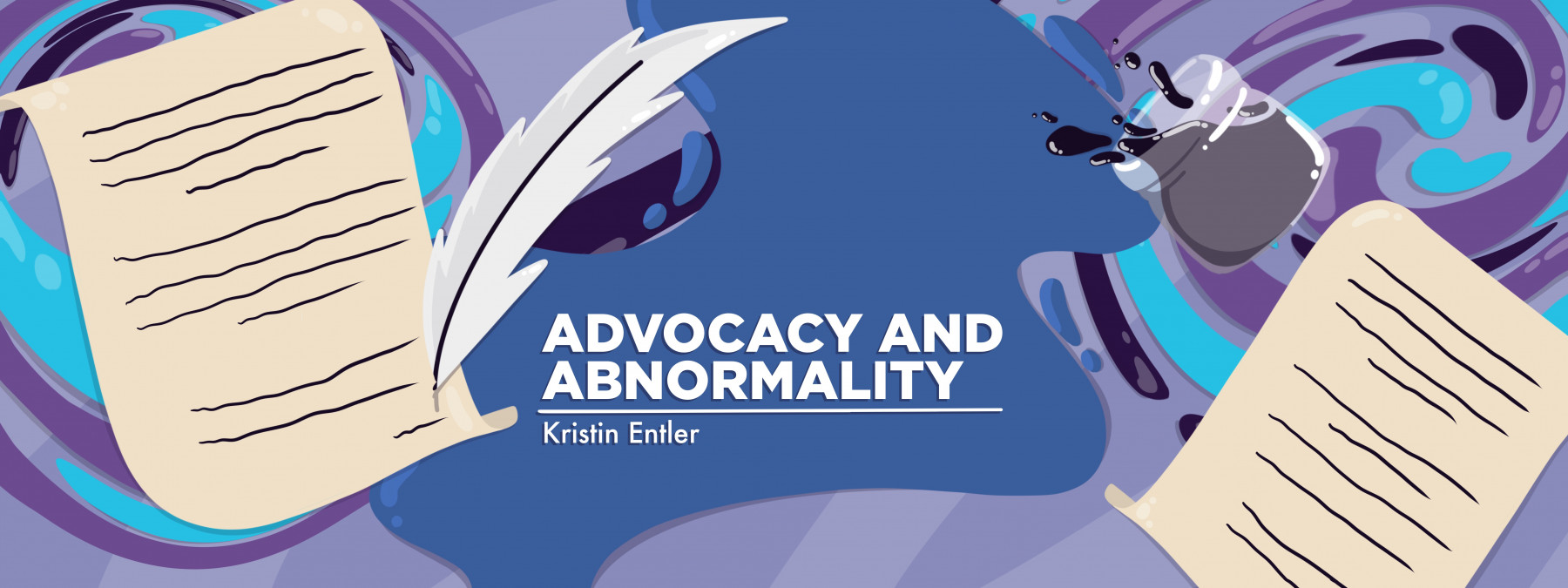The First Time I Understood the Importance of Solidarity
Standing with others makes a difference, writes columnist Kristin Entler
Written by |

“I want to get a Popsicle from the ice cream truck!” M’s nutmeg eyes lit up when I asked her what she wanted to do. She was my best friend at the time, and my dad had brought us to the arts and crafts fair, where my mom had a booth, as part of my 13th birthday celebration.
My eyes also lit up as thoughts of a cold, sweet, orange ice pop filled my mind. “Can I have one, too?” I turned to my mom, and her lips zipped shut for just a moment, a small clench of hesitation. A quiet apology.
“You know you can’t right now. Maybe with food later,” she offered as a compromise, although I could tell she wanted me to be able to have what I wanted.
I’d been diagnosed with cystic fibrosis-related diabetes only a month earlier, and while I was an inpatient, we’d learned about the dangers of insulin stacking: Taking fast-acting insulin at close intervals can lead to a potentially dangerous overdose.
But in that quick moment, I saw her as the gatekeeper to my wants because she was my mom. In hindsight, we both knew it wasn’t her denying me access. It was my disabilities.
I don’t remember much of that initial moment of hurt, frustration, anger. But I do remember knowing deep down that my mom was right.
“OK,” I said, shrugging. My mom gave me a hug. I turned to my friend and asked, “Well, why don’t we walk around the lake?”
“I’m going to get a Popsicle,” she said, her words still clear as a bell in my mind, and headed toward the Popsicle cart in the distance.
I can still feel my stomach drop and my eyes burn with tears. Anger. I felt betrayed.
My mom explained to me that my friend wasn’t like me; she didn’t have cystic fibrosis. And she didn’t have any kind of diabetes, so she didn’t have to count carbs as I did (and still do). As such, she didn’t have to follow the same rules as me. I shouldn’t be upset with her because of that.
I didn’t totally understand that last part until M reappeared by my side, a bright cherry Popsicle staining her whole mouth a lipstick red.
“But she can have a Popsicle any other time. She doesn’t need to have one right now, just like I don’t need to have one right now,” I whined to my mom. I was hurt.
I didn’t have a word for it then, but I do now. I was wanting, expecting, my friend to act in solidarity with me. It wasn’t her fault she didn’t have to follow my rules. But having a chronic illness wasn’t my fault, either.
Understandably, we were kids. We didn’t yet understand the concept of expressing a united front in the face of unfair situations where one person is at a disadvantage. It was also just a Popsicle; it didn’t matter in the grand scheme of things.
Then again, it was never really about the Popsicle.
When my friend chose a moment of pleasure for herself instead of forgoing a silly thing alongside me, it was the first time I understood how a lack of solidarity affects the people who need it the most.
I think, maybe, if we looked around and considered how to better stand together, we could find ways to make it so that everyone can participate equally.
Note: Cystic Fibrosis News Today is strictly a news and information website about the disease. It does not provide medical advice, diagnosis, or treatment. This content is not intended to be a substitute for professional medical advice, diagnosis, or treatment. Always seek the advice of your physician or other qualified health provider with any questions you may have regarding a medical condition. Never disregard professional medical advice or delay in seeking it because of something you have read on this website. The opinions expressed in this column are not those of Cystic Fibrosis News Today or its parent company, Bionews, and are intended to spark discussion about issues pertaining to cystic fibrosis.








Leave a comment
Fill in the required fields to post. Your email address will not be published.